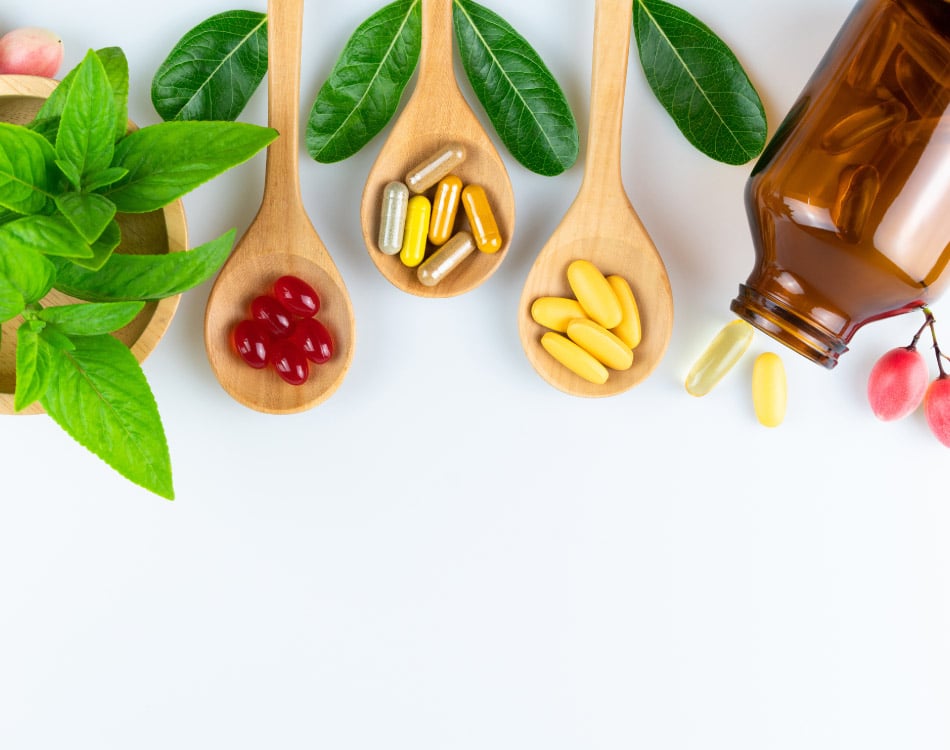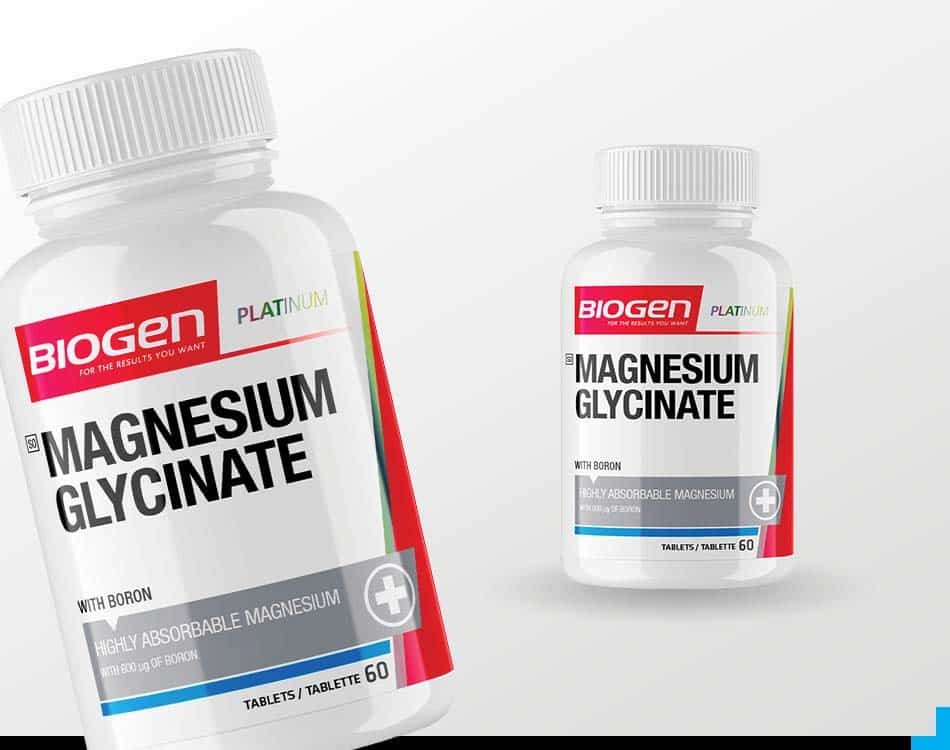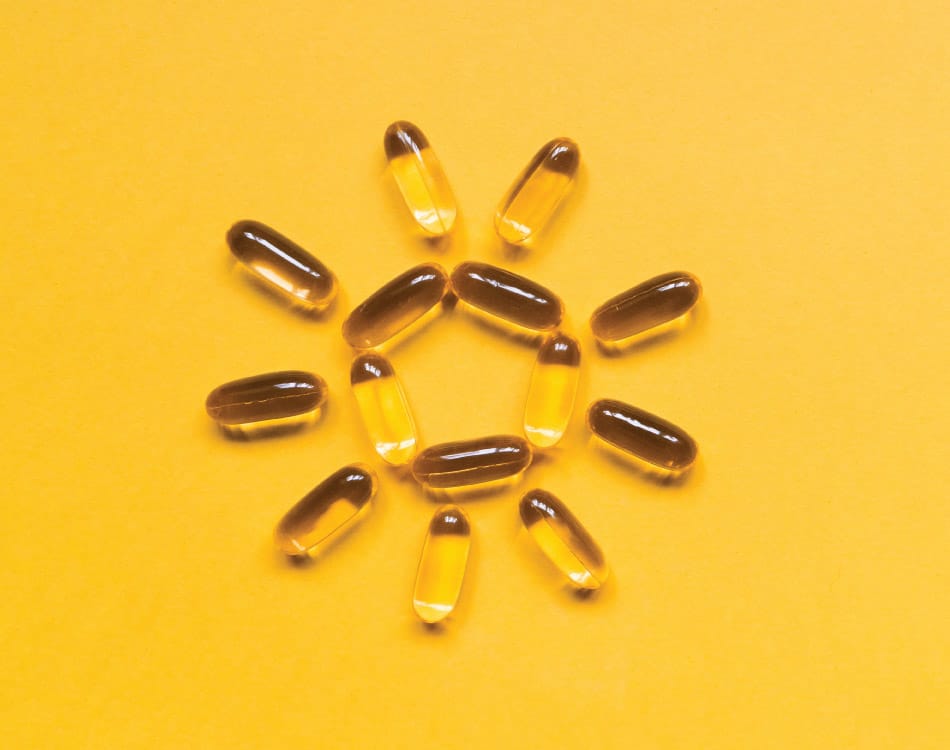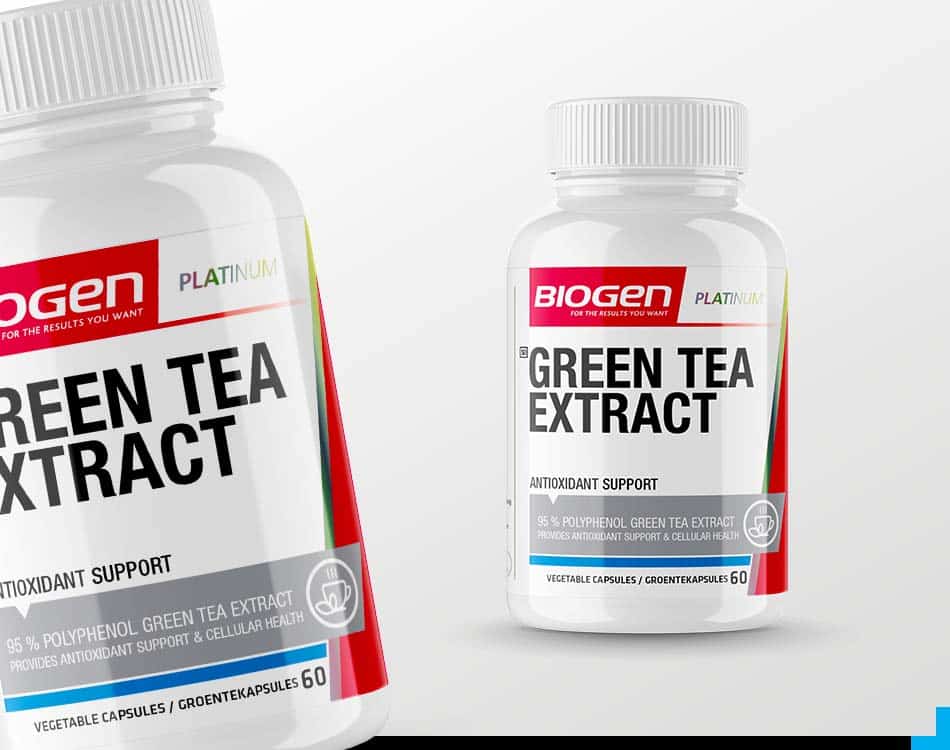When it comes to immune-boosting supplements, it is worth looking beyond the vitamin and mineral aisle at your local Dis-Chem for added support this winter.
While we tend to focus on the important vitamins – A, B, C, D and E – and minerals like zinc and selenium to support our immune systems during the cold and flu season, certain products in the supplement section could help boost your defences to potentially avoid an infection or bounce back sooner if you get sick.
READ MORE | 5 Steps To Fortify Your Immune Defences
Consider adding these three products to your health-focused supplement plan this winter season:
Glutamine
Glutamine is the most abundant amino acid in the body and is used in numerous internal processes. It is particularly important to the immune system as your body needs glutamine to produce and replicate specific cells.
In fact, immune cells consume glutamine at a similar or often greater rate than glucose.
However, immune cells cannot produce this ‘non-essential’ amino acids themselves. Glutamine is almost exclusively made by muscle cells, which also consume a significant amount for recovery and growth, but during an infection your immune system will need more glutamine.
Boosting glutamine levels is especially important for athletes who train hard or at high volumes as high training loads often leads to immune suppression by decreasing circulating glutamine levels.
These heightened demands make glutamine a conditionally essential amino acid – that means it is considered essential during periods when your body needs more of it, like when you experience higher stress (physical, mental or emotional) levels or during an illness.
As such, giving your body extra glutamine from a supplement, especially when you are fighting an infection, is another way you can support your immune system this winter.
READ MORE | Enhance Your Immune Response With These 7 Supplements
BCAAs
Your muscle cells produce glutamine from branched-chain amino acids (BCAAs), which include valine, leucine and isoleucine.
Providing more of the building blocks your body needs to produce glutamine, particularly during an infection, can help ensure that you have sufficient glutamine to support your immune cells.
And science proves how supplementing with BCAAs can boost glutamine levels, like a clinical trial published in the journal Medicine and Science in Sports and Exercise.
Researchers measured the effectiveness of BCAAs in maintaining circulating glutamine among triathletes and found that those who consumed BCAAs before and after the trial maintained glutamine levels, whereas those from the placebo group showed a reduction of 22.8% in glutamine concentration after the competition.
This post-competition drop in glutamine levels may make athletes more prone to illness following a major race or event.
You can get BCAAs from standalone supplements or from protein products, including whey and plant-based options.
READ MORE | 5 Tips To Help You Bounce Back From The Flu Sooner
Probiotics
While widely known for their role in intestinal and digestive health, the beneficial bacteria that reside in your gut called probiotics perform various important roles in our body’s immune system.
A growing body of research shows that these tiny yet potent microbes produce cytokines (cell signalling molecules in the immune system) and antimicrobial proteins that help to destroy pathogens like viruses and harmful bacteria when they enter our systems.
And certain probiotics break down prebiotic fibre into short chain fatty acids that play a role in stimulating immune cell activity. Studies have also linked probiotics to broader immune-supporting roles such as allergy prevention, skin and urinary tract health, and oral health.













